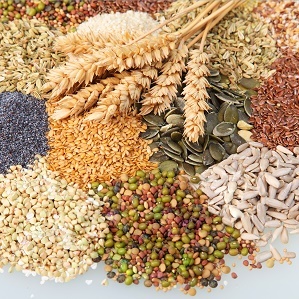Already, President Donald Trump has withdrawn the United States from the Trans-Pacific Partnership by way of an executive order, the article, posted on the National Corn Growers Association (NCGA) website, said. Other countries that remain in the partnership include Australia, Brunei, Canada, Chile, Japan, Malaysia, Mexico, New Zealand, Peru, Singapore and Vietnam.
These moves pave the way for negotiations, but in the short term, after recent trade policy issues with China, the president’s actions could seriously hurt the U.S. grain farmers’ market, the release said.
The Trans-Pacific Partnership was the first of its kind to address biotechnology and served to eliminate taxes and barriers that had blocked the flow of goods for approximately 40 percent of the world’s consumers, the article said.
The release also highlighted the positive effects of the North American Free Trade Agreement. “NAFTA, enacted more than 20 years ago, is a landmark trade success story for U.S. agriculture, particularly grains. Over the past two decades, U.S. agricultural exports to Canada and Mexico tripled and quintupled, respectively, according to the U.S. Chamber of Commerce. One in every 10 acres on American farms is planted to feed hungry Canadian and Mexicans,” the release said.
The U.S. Grains Council is working with the NCGA and other members of the agriculture community to keep up with the administration's actions, the release said. Moving forward, “these groups will aim to work with the administration to maintain and expand the benefits of existing or new trade dialogues, be they bilateral or multilateral,” the article said.




 Alerts Sign-up
Alerts Sign-up